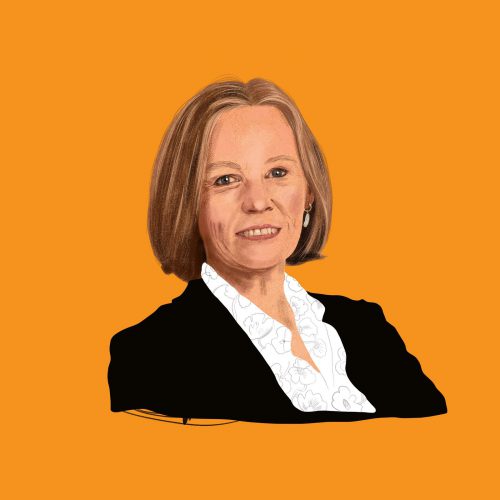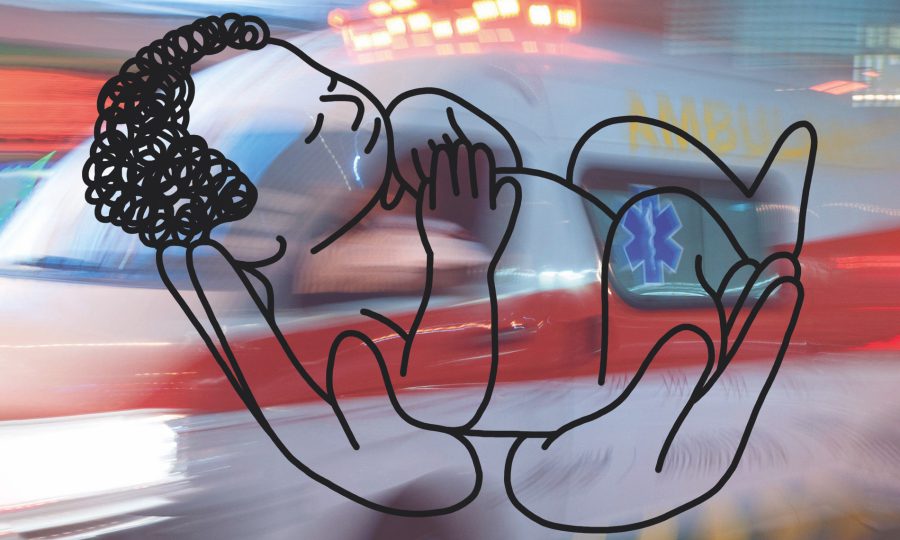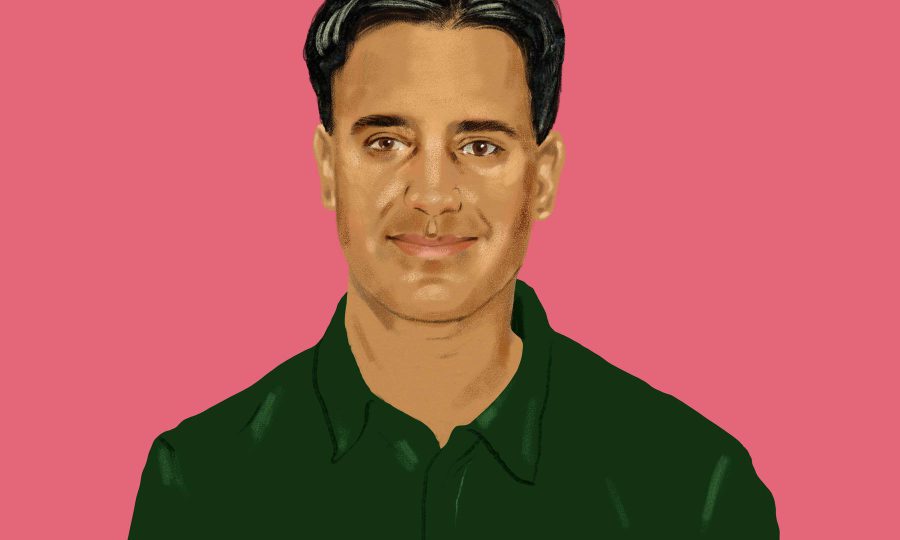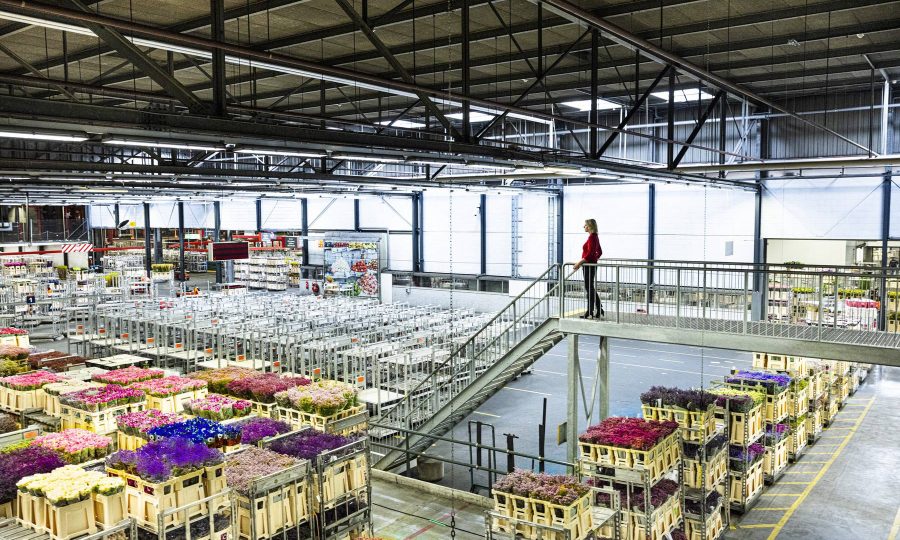Boortmalt
Inge de Winne (MBA, 1992), Chief Supply Chain and Sustainability Officer, says that for brewers, working with nature is not just the right thing to do – it’s good for business, too.

A global footprint means we can make it happen
Getting beer or whisky into the hands of end-customers is a serious business, I’m sure everyone would agree! To do it, we take a whole host of factors into consideration, and right now sustainability is key. As world leaders in malt supply, it’s vital that we are also world leaders in sustainability. We’re not interested in window dressing or a one-size-fits-all solution. Malting – creating malt from barley – is a natural process, dependent on nature. We work with farmers all over the world who are finding that climate change is impacting on their barley crops: from droughts in Australia to excessive rain in parts of Europe to early snows in North America.
We buy from hundreds, if not thousands, of farmers, so it’s impossible for us to have programmes with everybody. Instead, we work with co-ops, existing local programmes and NGOs, rather than creating our own. There are many initiatives, so we and our customers select the ones we think will work and represent doing what is right. For example, the Sustainable Agriculture Initiative ensures that farmers meet minimal criteria related to sustainable farming in the broadest sense – not only pesticides and fertilisers, but end to end, including compliance with health and safety targets as well as inclusion and child labour law. We’re also looking into the Cool Farm Initiative, which enables farmers to calculate and reduce their emissions, taking the learnings and sharing best practices.
Of course, sustainability is not just the right thing to do: it’s also good for business. Activities which help us reduce water consumption and emissions also reduce water and energy costs in the long run. We are investing in alternative energy sources such as solar energy, biomass and the heat loop of the harbour of Antwerp. The payback might take a little longer, but it will be worth it in the end. We are also working with farmers and our customers on more long-term changes, such as new varieties of barley which are sturdier and can deal with a hotter, wetter or drier environment, as well as meeting the needs of the flavour and characteristics of the beer and whisky.
Targets are important. We have just acquired a large number of plants from Cargill Malt and are currently integrating the two companies, including our objectives for sustainability. We already disclose our energy data to customers, via the Carbon Disclosure Platform, and we are currently looking into the UN’s Science Based Targets Initiative. That means examining our 2018 baseline and where we need to land in 2030 to meet the target of limiting global warming to 1.5 degrees.
It’s vital that international companies like ours take a lead; we have a global footprint – we can make things happen. Looking at the end-to-end supply chain, we play a crucial role between the end customers having their beer or whisky and the farmer planting the barley. Every global company can have an impact which goes beyond the boundaries of their plants and the communities they operate in, by taking best practices and learnings from one region and from one country to another. I think it’s our responsibility to help make that difference.



